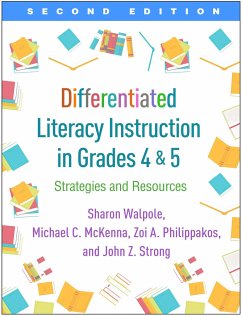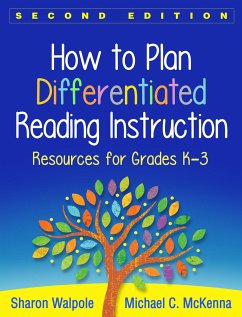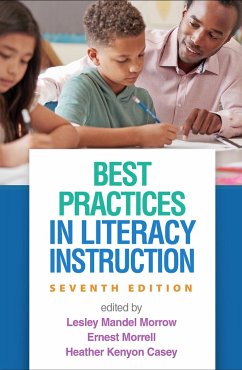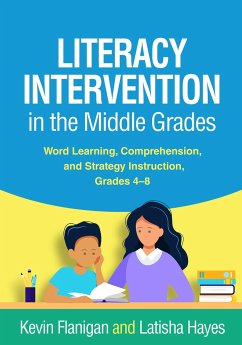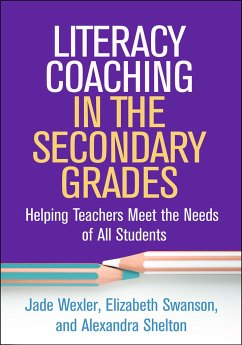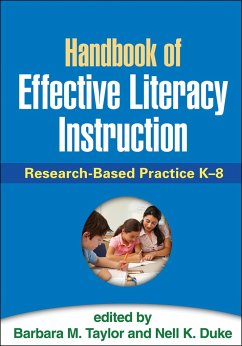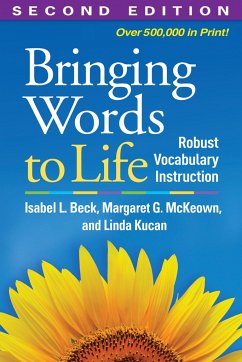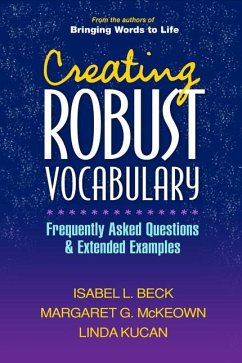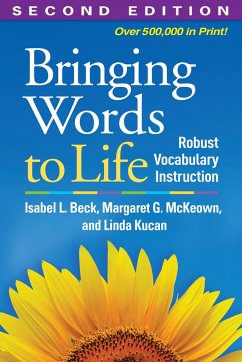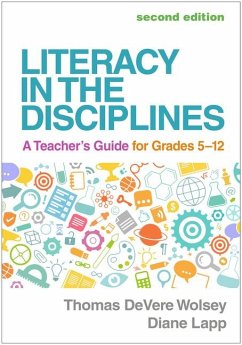
Exemplary Instruction in the Middle Grades
Teaching That Supports Engagement and Rigorous Learning
Herausgeber: Lapp, Diane; Moss, Barbara

PAYBACK Punkte
19 °P sammeln!
Offering fresh alternatives to common instructional practices that fail to get results, this accessible, highly practical guide highlights ways to motivate middle school students while enhancing content-area learning. Each chapter features an enlightening case study of a teacher whose current strategies are not supported by research; describes effective instructional alternatives, illustrated with concrete examples; and lists online resources and lesson examples. Emphasis is given to supporting critical engagement with texts and drawing on technology and new literacies. The book covers specif...
Offering fresh alternatives to common instructional practices that fail to get results, this accessible, highly practical guide highlights ways to motivate middle school students while enhancing content-area learning. Each chapter features an enlightening case study of a teacher whose current strategies are not supported by research; describes effective instructional alternatives, illustrated with concrete examples; and lists online resources and lesson examples. Emphasis is given to supporting critical engagement with texts and drawing on technology and new literacies. The book covers specific content areas--including science, social studies, math, and literature--as well as ways to teach oral literacy and writing across the curriculum.




